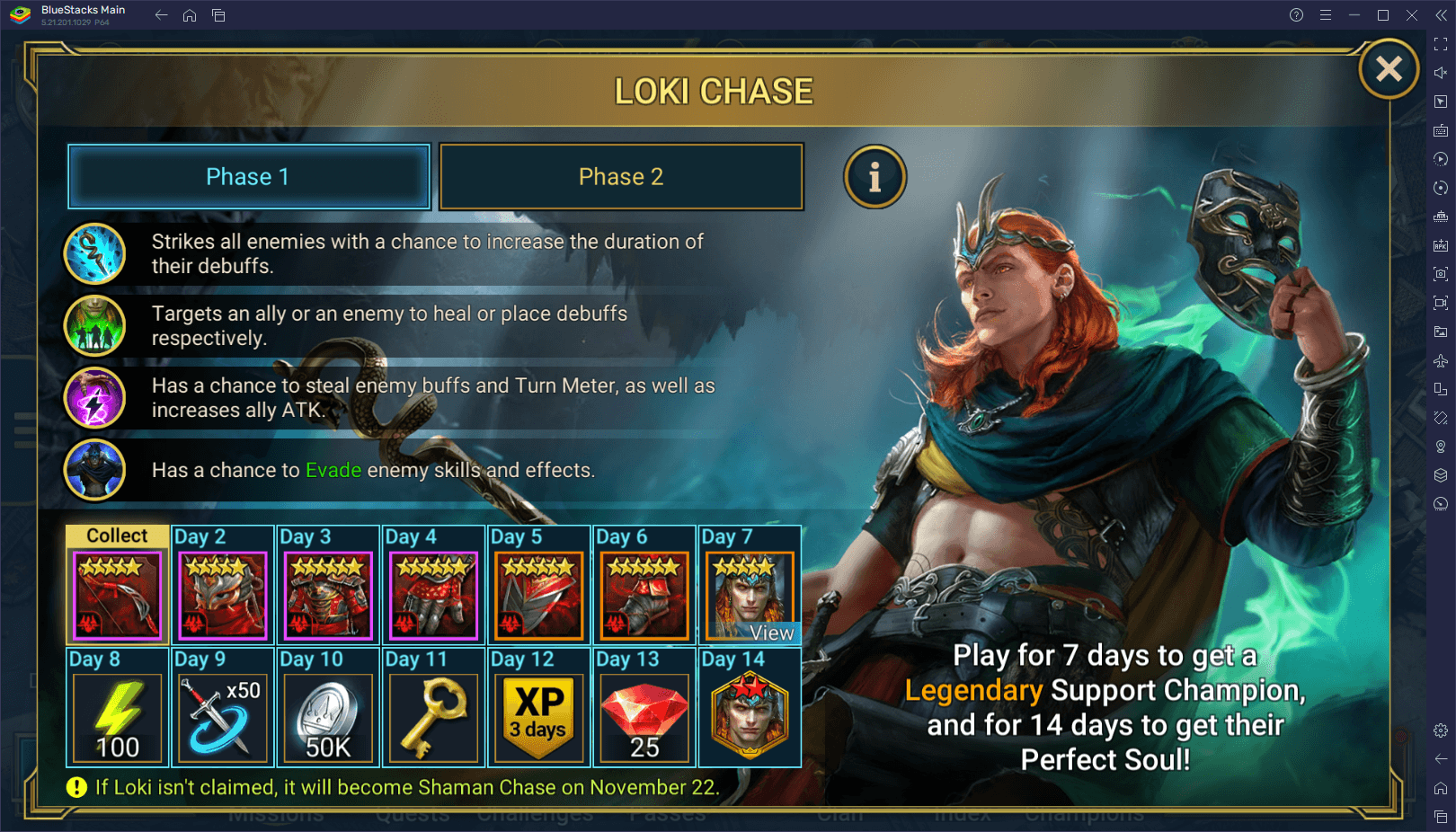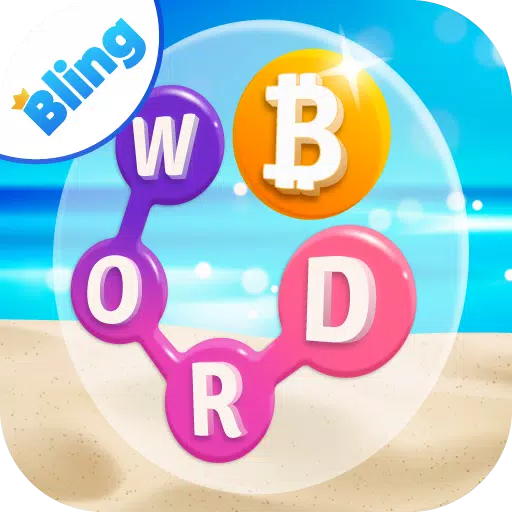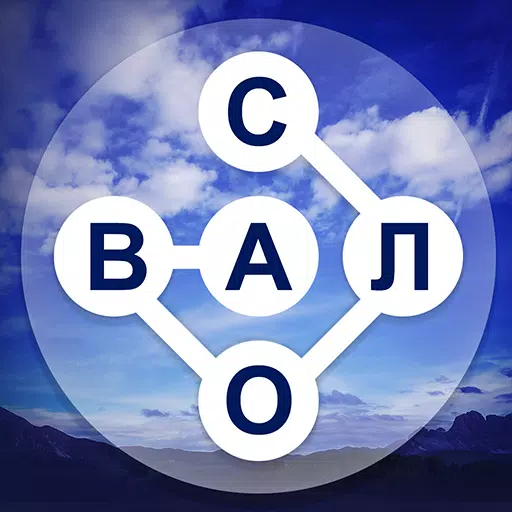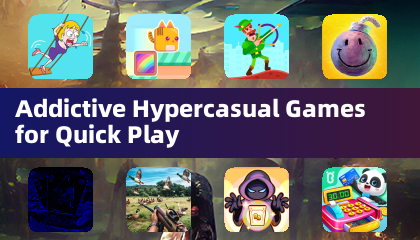EA's Origin app, launched in 2011 as a rival to Steam, is finally being replaced by the EA app. This transition, however, comes with significant caveats. The clunky user experience and frustrating logins that plagued Origin haven't been entirely resolved. More importantly, users risk losing access to their purchased games if they don't actively transfer their accounts from Origin to the new EA app. This means that previously purchased titles, like Titanfall, could become inaccessible.
Adding to the frustration, the EA app only supports 64-bit operating systems, leaving 32-bit users in the lurch. While Steam also dropped 32-bit support in early 2024, this move highlights concerns about digital ownership and access. It's unlikely that recent PC owners will be affected, but users with older 32-bit Windows systems (like some Windows 10 versions sold until 2020) will need to upgrade their OS. A simple RAM check can determine if your system is 32-bit (maximum 4GB RAM).
This situation raises questions about the future of digital game ownership. Losing access to a purchased library due to OS changes is a significant concern, shared by both EA and Steam users. The increasing prevalence of invasive DRM solutions, like Denuvo, further complicates matters, often imposing arbitrary limitations despite legitimate purchase.
A potential solution is to support platforms like GOG, which offers DRM-free games. GOG's model ensures that downloaded titles remain playable on any compatible hardware, indefinitely. While this approach opens the door to piracy, it also allows for a more secure and enduring ownership experience, as demonstrated by the upcoming release of Kingdom Come: Deliverance 2 on the platform. The ongoing debate between convenience and control in the digital marketplace continues.















